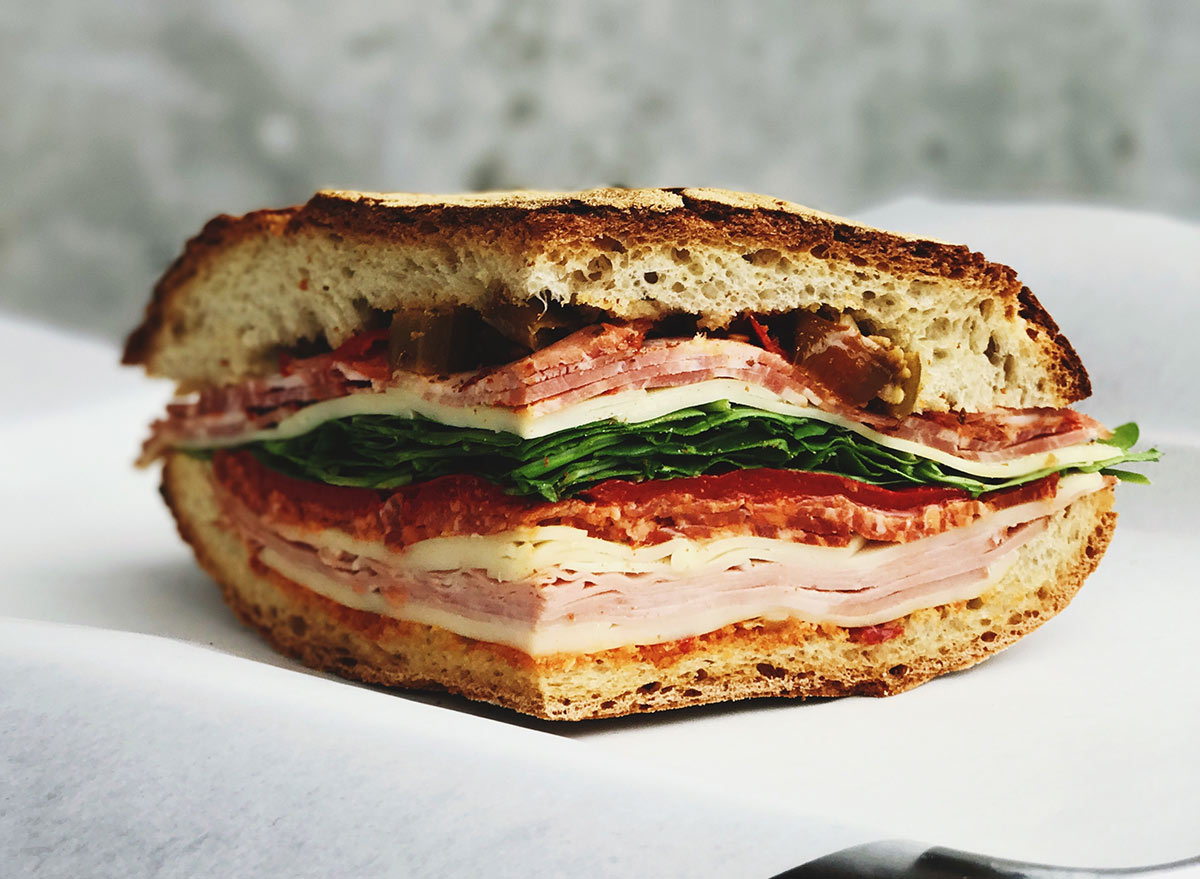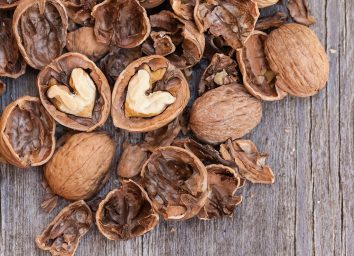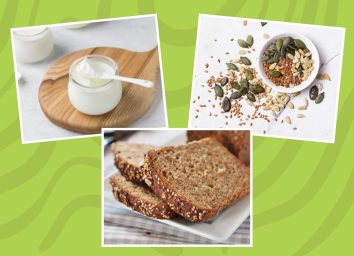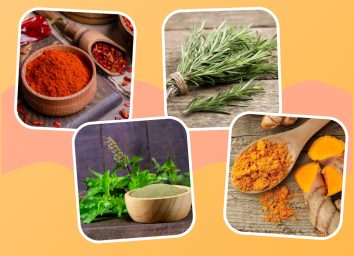These Foods Increase Your Risk of Heart Disease, Says Dietitian
Weight loss isn't the only reason to eat healthily. While it's commonly conceived that the reason to eat a healthy diet is weight loss alone, in all actuality, there are many other reasons to factor in when it comes to eating healthier. Longevity is one of those factors connected to a healthier diet, especially because of the decreased risk of chronic diseases. That's right, your diet can play a role in your body's health and ability to ward off certain diseases—heart disease included. This is why it's important to know the foods that are good to eat for your heart health, as well as the foods that can increase your risk of heart disease.
Toby Smithson, MS, RDN, CDCES, FAND, Diabetes Lifestyle Expert, DiabetesEveryDay, and author of Diabetes Meal Planning and Nutrition for Dummies, shares a few insights on the foods that can increase your risk of heart disease below. Then, be sure to read up on our list of the 100 Unhealthiest Foods on the Planet.
Coconut

"While coconut—including coconut oil—is a plant-based source of fat, it is particularly high in saturated fat," says Smithson. "In fact, coconut oil has a higher content of saturated fat than butter. Saturated fat raises your lousy LDL cholesterol. Only 5 to 6% of your total calories should come from saturated fat—and that adds up very quickly. Based on a 2,000 calorie per day diet, you should keep your saturated fat to less than 5 grams per meal."
To put this into perspective, one tablespoon of coconut oil contains a whopping 12 grams of saturated fat—which is 92% of your recommended daily limit, according to the American Heart Association (AHA).
Related: Is The Link Between Saturated Fat and Heart Disease a Myth?
Cured meats
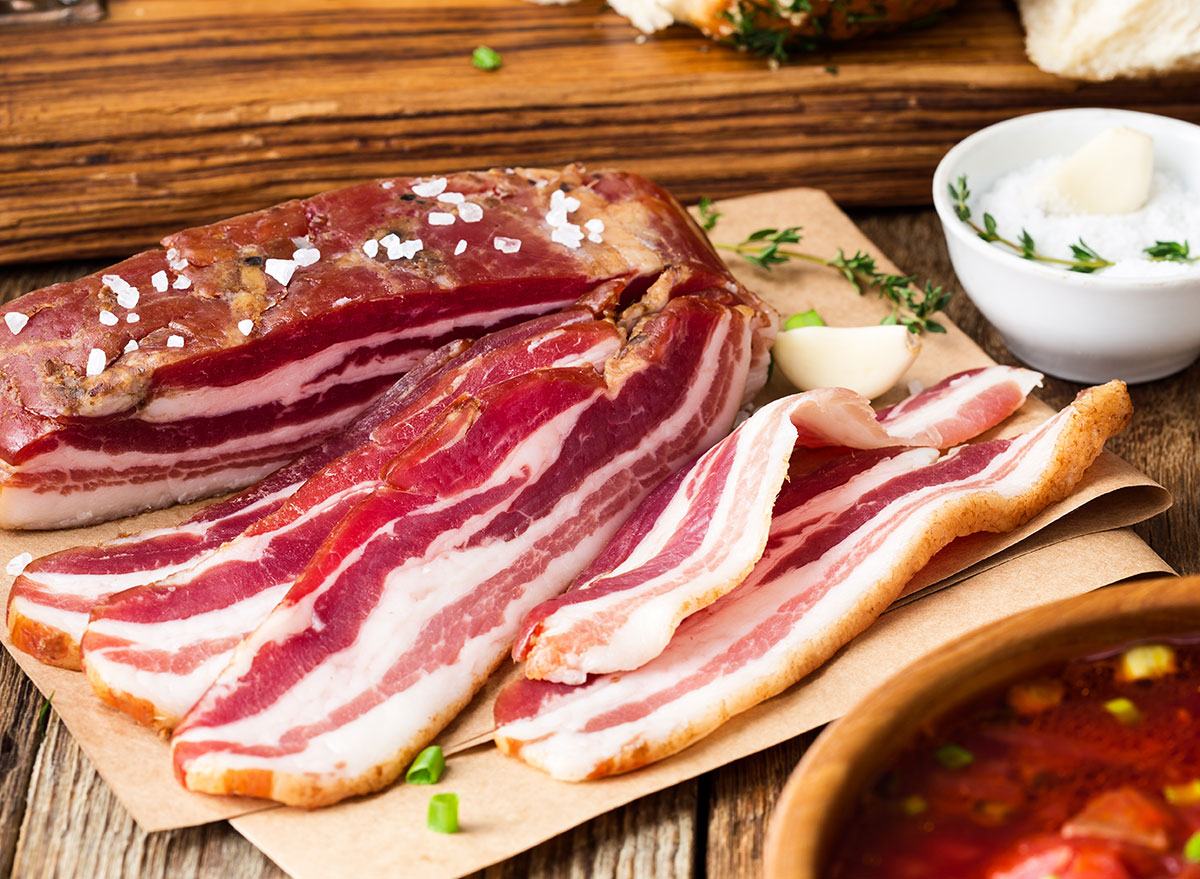
"Limit the servings of cured meats and cold cuts meats including breakfast sausage," says Smithson. "Both the saturated fat and sodium content are high in these products."
According to a study published by The American Journal of Nutrition, eating a higher amount of processed meats (over 150 grams a week) has been linked to a 50% increased risk of developing cardiovascular disease.
Soup
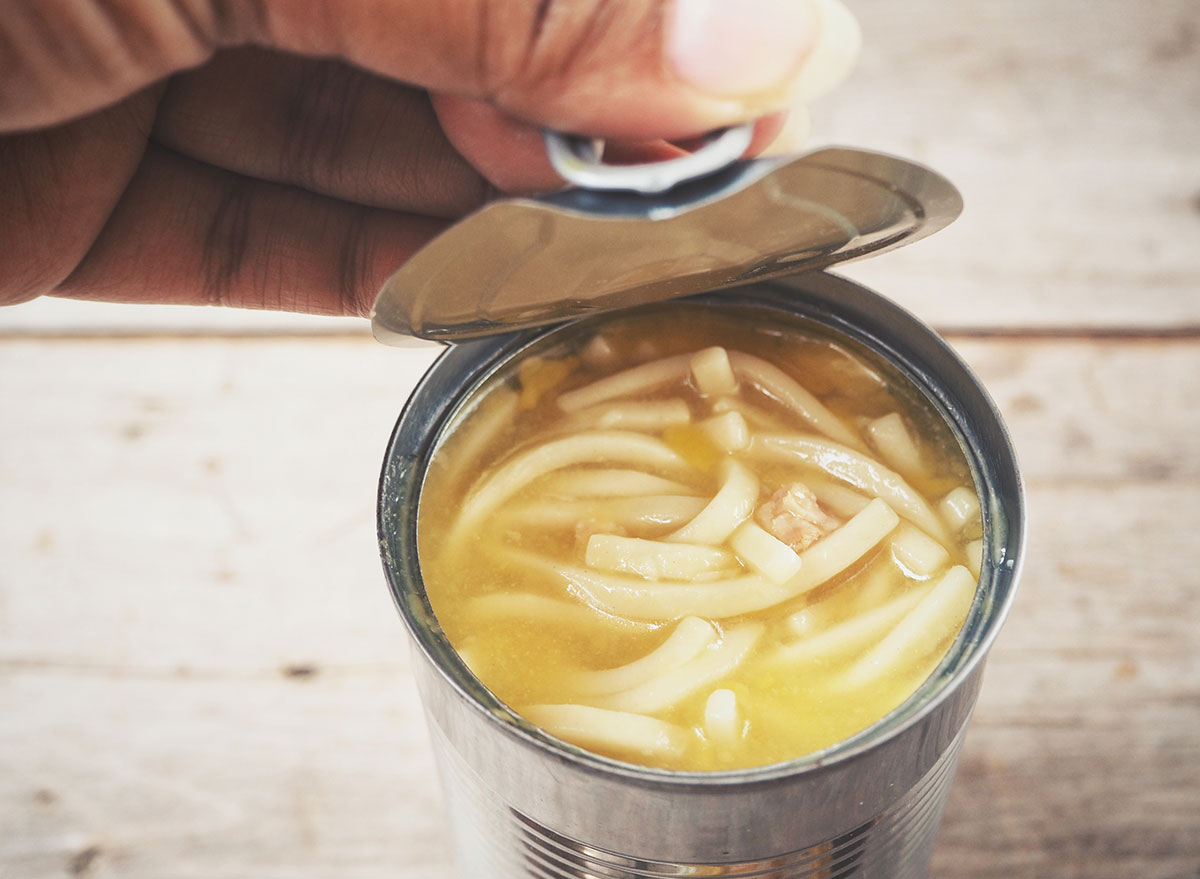
While soup tends to have the facade of being healthy, if you're not careful about the type of soup you grab, you could easily be consuming more sodium than your body needs—which is a key factor in increasing your risk of heart disease.
"The sodium content of just one serving of store or restaurant bought soup can be as high as three-quarters of the total milligrams of sodium required per day," says Smithson.
Instead, snag one of these 14 Best Low-Sodium Canned Soups for Heart Health, or make one of our 20 Best Slow Cooker Soup Recipes.
Sugary foods

"Sugary foods like honey, sweetened juices, sweet tea, candy, maple syrup, jams, and jellies all are concentrated sweets which raise triglyceride levels," says Smithson. "The combination of high triglycerides, low HDL 'good' cholesterol, and high lousy LDL cholesterol has been shown to clog your arteries which increases your risk for a heart attack or stroke."
While these foods can increase your risk of heart disease, if you still enjoy them, it's important to portion them out and keep your intake at a minimum.
Get even more healthy eating tips straight to your inbox by signing up for our newsletter! After, read these:
- The Best Foods That Can Help Lower Your Risk of Heart Disease
- Cooking With This Oil Lowers Heart Disease Risk and Cholesterol, New Study Says
- This One Food Can Lower Your Heart Disease Risk, New Study Says
